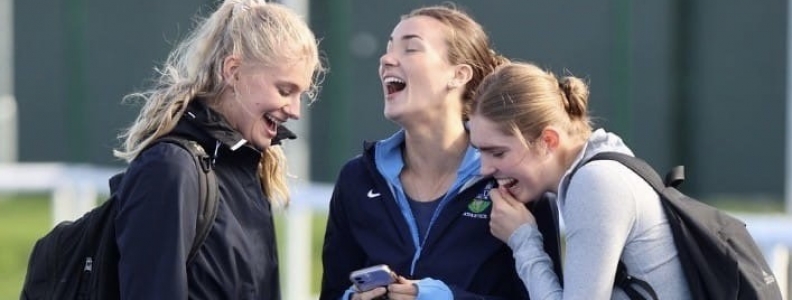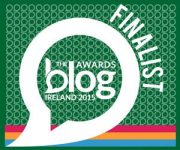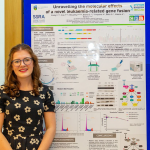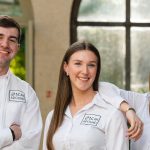UCD Student Charlotte tells us about her journey through secondary school from dropping out in 5th year to graduating with a 1st Class Honours in Applied and Computational Mathematics and now starting a PhD at UCD.
As I sit down to write this, I’m filled with a deep sense of pride and amazement at how far I’ve come. I recently graduated from UCD with a First Class Honours degree in Applied and Computational Mathematics. This September, I will begin my PhD journey at UCD, delving even deeper into a field I’m passionate about. My path to this point has been anything but straightforward, and I hope sharing my story will inspire those of you who are facing challenges and wondering if college is a possibility for you.
When I was in school, I often felt like I didn’t fit in and struggled to make friends, which took a toll on my confidence. These social challenges, combined with personal mental health issues, made the experience even more isolating and significantly affected my ability to focus on my studies. Mathematics, in particular, was a subject where I felt completely out of my depth. I took ordinary level maths and frequently felt like I was falling behind my peers. After moving between three different schools and eventually deciding to drop out in fifth year, it seemed like my academic journey had come to an early end. At that point, I was uncertain about my future but recognised the need for change. I focused on improving my mental health and sought the support I needed to find a new path forward.
I reached out to a guidance counsellor. At the time, I wanted to be a vet because animals, especially horses, were my main passion. After taking a few aptitude tests, I was surprised to learn that I had a natural talent for numerical and spatial reasoning, suggesting I might excel in STEM (Science, Technology, Engineering, and Mathematics) fields. My guidance counsellor advised me to enroll in a Post Leaving Certificate (PLC) course in science and then apply for the general science degree at UCD. He suggested this path as a stepping stone towards veterinary medicine but perhaps knew I would excel in science and find my true calling there.
During the PLC, free from the social distractions and pressures of school life, I was able to fully dedicate myself to my studies. It was challenging, but the nurturing environment allowed me to grow both personally and academically. This time helped me improve my focus, attention span and independent learning skills, and by the end of the PLC, I had earned enough points to enter the science degree at UCD.
University brought its own set of challenges, but I was better prepared to handle them. I sought out support when needed, made new friends and developed a disciplined study routine. As I explored various fields such as biology, chemistry, physics, and maths, I discovered a passion for Applied and Computational Mathematics. By the time I reached my third year and had the opportunity to specialise, I chose to focus on this field. Throughout my time at UCD, I continued to face academic and personal challenges. There were moments of doubt and times when I felt overwhelmed. Yet, each time, I reminded myself of how far I’d come and the resilience I’d developed along the way. Graduating with a First Class Honours was a testament to the hard work, dedication and support from my professors, peers and family. It also proved that our past struggles do not have to dictate our future successes.
As I prepare to start my PhD at UCD, I’m filled with excitement and anticipation. I know the journey ahead will be challenging, but I also know I have the strength and resilience to overcome any obstacles. To all secondary school students and those of you who have just completed the Leaving Cert and are contemplating your future, I want to share a few pieces of advice: Your journey is unique, and it’s okay to forge your own path. I’m living proof that with determination, resilience and support, you can achieve your goals regardless of where you start. Keep pushing forward and embrace challenges as opportunities for growth.







